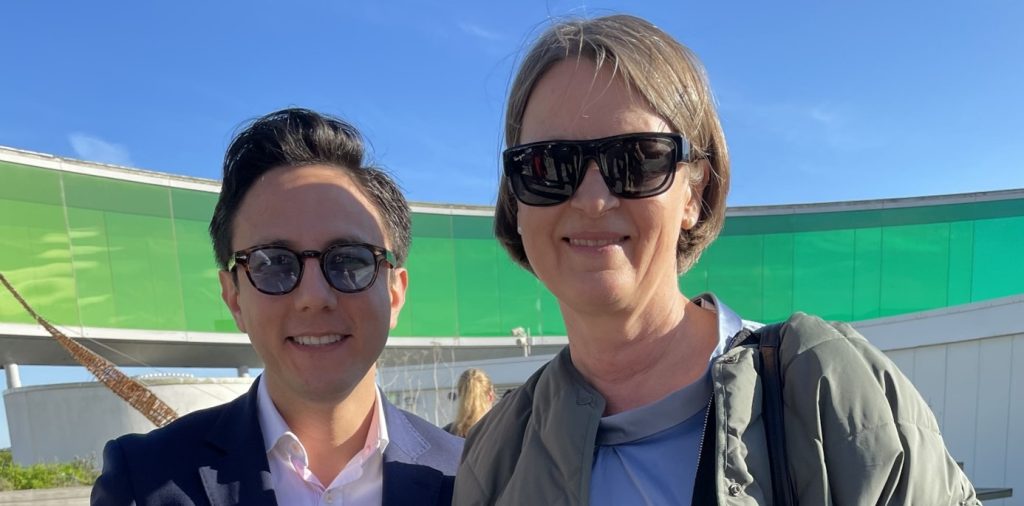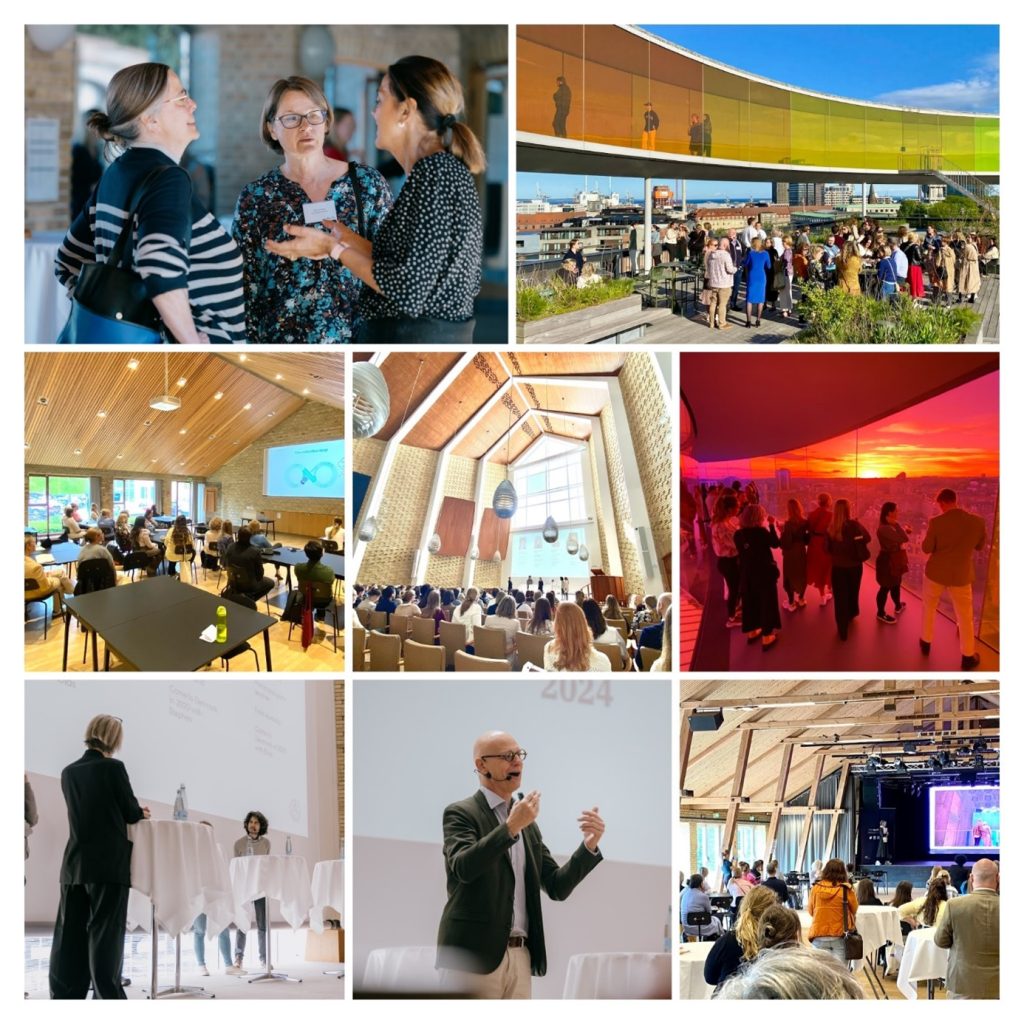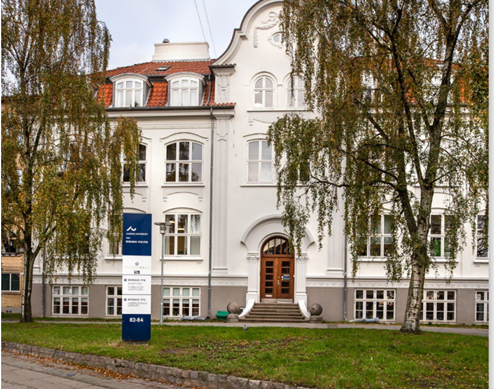Nordic Staff Mobility seminar: Future and Global Challenges and Visit to the International Staff Office at Aarhus University, 8-9 May 2025
Conference report from Ulla Tunkara from the International Relations Office and Vladimir Pabón-Martínez from KI Career Service who attended the Nordic staff mobility seminar in Denmark.
This was the seventh biannual Nordic seminar, held in Denmark where the series of seminars started in 2012. Out of 100 participants, Sweden secured 23 seats, representing universities from Malmö to Umeå. KI was represented by Ulla Tunkara from the International Relations Office and Vladimir Pabón-Martínez from KI Career Service. We followed different streams.

Photo: Ulla Tunkara from the International Relations Office and Vladimir Pabón-Martínez from KI Career Service
The seminar featured three main thematic streams and eighteen session topics:
- The International Researcher Experience / Journey
- Managing Mobility: the HR/Administration Experience
- Mobility for the Future / Global Challenges
Keynote Speakers and Breakout sessions
The keynote speakers addressed two pressing topics in the international context: attracting global talent and dealing with global security issues and espionage.
Nikolaj Lubanski from the Copenhagen Capacity shared insights on talent attraction and increasing the international visibility of research career opportunities in Denmark. During the breakout sessions, we discussed strategies for cultural understanding and self-governance, as well as building an inclusive university.
The message from the speaker from the Danish Security and Intelligence Service echoed that of the Swedish Security Police, pointing out three high-risk countries. In the breakout sessions, we discussed security aspects in global mobility, research protection and background screenings. The Danish Ministry of Higher Education and Science had established the Committee on Guidelines for International Research and Innovation Collaboration in 2020 to enable researchers and universities to work as openly as possible – and as securely as necessary.
The examples of background screening in Danish universities sparked lively discussions:
- Who should be responsible for background screening? HR? International Office? An outsourced company? What should I look for?
- Screen everyone from high-risk countries or those in specific research areas? Open access, not for everyone?
- How do we balance safety with diversity, equity and inclusion?
- What kind of safety measures should we take when travelling?
Networking and Site Visit
Networking opportunities were abundant during coffee breaks, lunch and the dinner reception at the Aros Museum of Modern Art.

Photo: Collage from the meeting
At the end of the seminar, we visited the International Staff Office at Aarhus University. We learned that they face similar challenges and offer comparable services for international staff as KI. However, their office staff includes 11 persons serving 1,997 international researchers from 90 nationalities and 1900 PhD students. Aarhus University adopts a more centralized and hands- on approach, whereas Sweden tends to favour a “do it yourself” culture.

Photo: International Staff Office at Aarhus University

0 comments